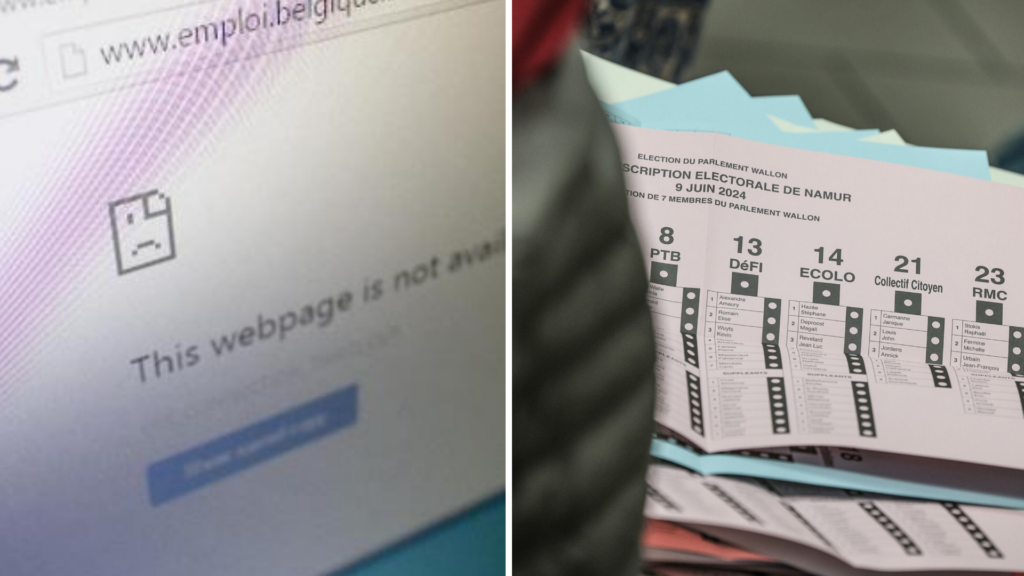A wave of cyber attacks led by pro-Russian hackers has swept across Belgium this week. With local elections going ahead on Sunday, is there a need to be concerned?
A series of 'Distributed Denial of Service' (DdoS) attacks – most instigated by the pro-Russian hacker collective NoName057 – first targeted official government websites on Monday.
Financial institutions and Belgian ports suffered from the same attacks on Thursday. On Friday, Belgian media were targeted, with the national newswire Belga News Agency inaccessible for several hours in the morning.
DDoS attacks do not actually penetrate the system or compromise sensitive data, they merely block access for other users. The strategy is "not very advanced" according to Axel Legay, a cybersecurity professor at UCLouvain.
"Imagine you're in a train station and you want to buy a ticket," he told The Brussels Times. "If five people want a ticket, everyone will all be able to buy one. But if 5,000 people ask for the same train ticket at the same time, the person at the desk won't be able to handle it. That is what is happening here."
Democratic repercussions?
With the local elections on Sunday, the attacks are intended to have a psychological effect on the public who may feel as though Belgium’s digital system is under threat. Legay says there is no risk of this: the primary objective is to sow doubt.
"People are afraid. They think to themselves: 'Now the Russians can block my country's institutions.' But in reality, this is not the case. We know how to defend ourselves."

Credit: Belga / Hatim Kaghat
'Russophobic Belgium'
NoName057 claimed responsibility for the attacks this week. Belgium is being targeted for supporting Ukraine militarily and otherwise.
"The Belgian government will soon be examining a proposal to purchase and transfer three Caesar artillery units to Ukraine,” the group stated. "We have decided to pay a visit to Russophobic Belgium to show them how initiatives in support of the criminal regime in Kyiv end."
Related News
- Belga News Agency the latest victim in a wave of cyberattacks
- Europe and Belgium are 'unresponsive' in the face of Chinese cyber-attacks, says hacked MP
However, with the majority of Belgian political parties standing with Ukraine following the Russian invasion in 2022, there is unlikely to be a tangible electoral attitude change because of the attacks.
As for technical problems on voting day, Legay is equally reassuring. He does not believe the hackers will be able to disrupt the votes themselves, whether they are paper or electronic. They may however manage to delay the results.
"The crucial moment is when you connect to the central server to report the results. [The hackers] could find the address of certain servers and delay the election results for a few minutes or a few hours."

